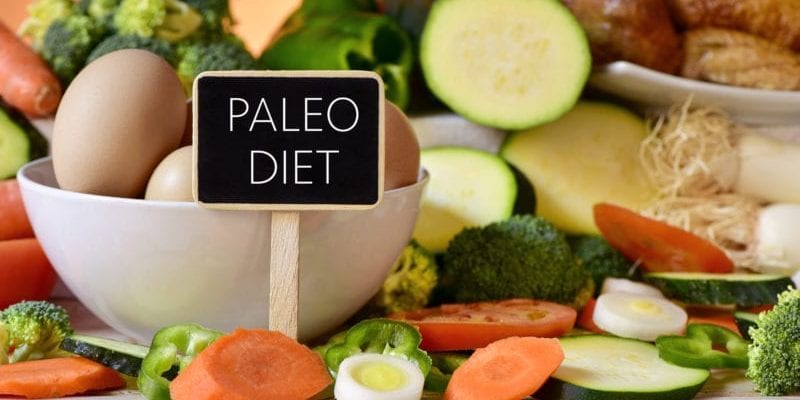The Paleo Diet is a diet based on eating similar foods to what our Paleolithic, hunter-gatherer, ancestors ate, hence the Paleo Diet. Dr. Loren Cordain, Professor Emeritus, at Colorado State University started working on the Paleo Diet in the late 80’s after reading a few scientific articles evaluating the nutritional content of our ancestors diets. After careful research and many years of studying, Dr. Cordain released his recommendations for what he believes the best way to eat and live. Cordain emphasizes that this is more of a lifestyle than a diet and following it requires dedication and a drastic change in how you have been eating.
The Paleo diet focuses on eating solely fruits, vegetables, meat, seeds and nuts and cutting out all dairy, grains, legumes and beans. According to Dr. Cordain’s official website, there are seven major characteristics of a hunter-gatherer diet and they are as follows:
- High Protein Intake
- Lower carbohydrate and glycemic index intake
- High Fiber Intake
- Moderate to higher fat intake, focusing on monounsaturated and polyunsaturated fats
- Higher potassium and lower sodium intake
- Net Dietary Alkaline load that balances dietary acid
- Higher intake of vitamins, minerals, antioxidants and plant phytochemicals.
By doing all of this, you will lower your risk of metabolic and other chronic diseases such as diabetes and heart disease. Many people following the Paleo diet also experience mental clarity, weight loss and a sense of increased energy.
While very few cohort, longitudinal studies (meaning the study followed a large group of people for a long time) have been done, there is plenty of anecdotal research (people saying “this worked for me!”) evidence to support this diet.
The best way to learn more about the Paleo diet is to visit Dr. Cordain’s website or to read his book The Paleo Diet.
Disclaimer:
The site does not provide medical or legal advice. This Web site is for information purposes only.
The medical and/or nutritional information on this site is not intended to be a substitute for professional medical advice, diagnosis, or treatment. Always seek the advice of your physician or other qualified health provider with any questions you may have regarding a medical condition. Never disregard professional medical advice or delay seeking it because of something you have read on this Web site.
